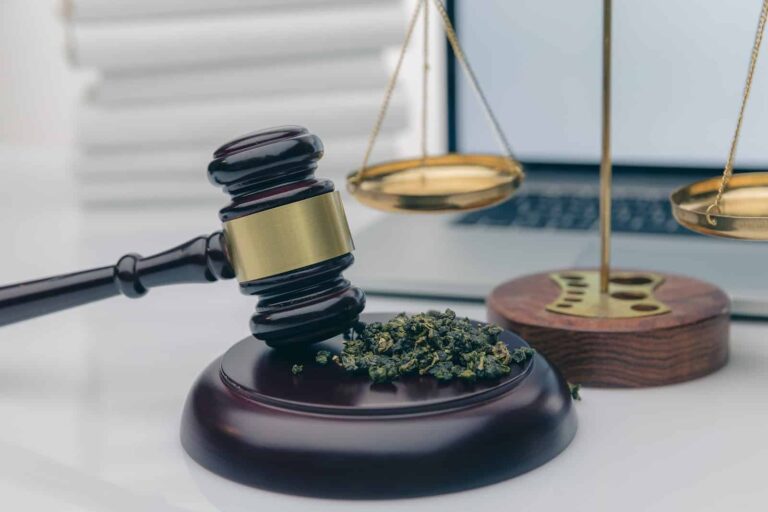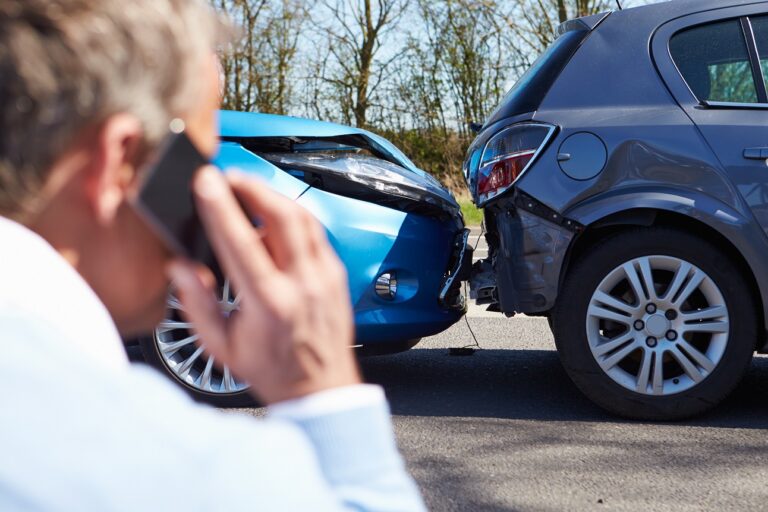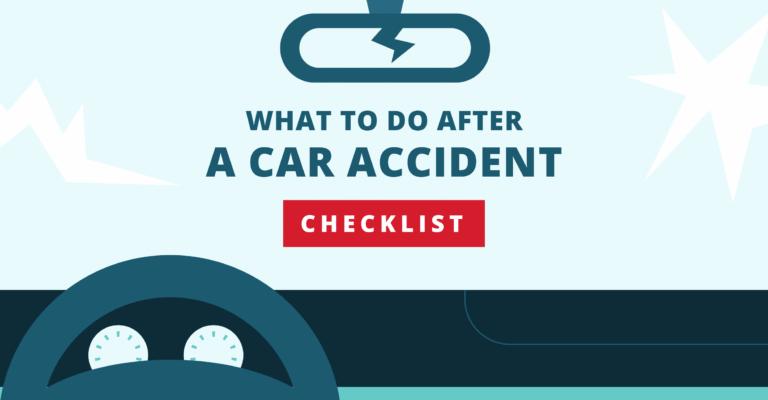When Law Enforcement Crosses the Line: Protecting Yourself from Police Abuse After a Georgia Car Accident

A car accident can be a traumatic and life-altering experience, but what happens when the authorities you rely on for justice and protection overstep their bounds? Unfortunately, incidents of police abuse during or after car accident investigations are not uncommon, and victims often feel powerless to challenge such misconduct.
In Georgia, understanding your rights and knowing how to respond to law enforcement overreach is essential for protecting yourself and ensuring accountability. This article will explore common forms of police misconduct, your legal rights during an investigation, and the steps you can take to safeguard yourself after a car accident.

What Constitutes Police Abuse of Power?
Police abuse of power occurs when law enforcement officers exceed their authority, engage in unlawful behavior, or violate your rights. In the context of car accidents, this can manifest in various ways:
- Excessive Force:
- Using unnecessary physical force during interactions, even when there’s no threat of harm.
- Unlawful Searches and Seizures:
- Searching your vehicle without probable cause or a valid warrant.
- Coercion or Intimidation:
- Forcing you to provide statements or evidence through threats or aggressive behavior.
- Fabrication of Evidence:
- Altering or falsifying reports to justify their actions or support the other party involved in the accident.
- Discrimination or Bias:
- Targeting you based on race, gender, or other personal characteristics.
- Denial of Medical Assistance:
- Refusing or delaying medical care after an accident, putting your health and safety at risk.
Recognizing these behaviors is the first step in protecting yourself from abuse.

Your Rights During a Car Accident Investigation in Georgia
As a Georgia resident, you are protected by state and federal laws that safeguard your rights during interactions with law enforcement. Key rights include:
- The Right to Remain Silent:
- You are not required to answer questions that may incriminate you. Politely state, “I am invoking my right to remain silent.”
- Protection Against Unlawful Searches:
- Police must have probable cause or your consent to search your vehicle. You can refuse consent by stating, “I do not consent to a search.”
- The Right to Record:
- Georgia law allows you to record interactions with law enforcement as long as you do not interfere with their duties.
- Access to Legal Representation:
- You have the right to contact an attorney before answering questions or providing a statement.
- The Right to File a Complaint:
- If you believe your rights were violated, you can file a complaint against the officer or department involved.

Steps to Take if You Experience Police Misconduct
If you believe law enforcement overstepped their bounds after your car accident, follow these steps to protect yourself:
- Document the Incident:
- Take note of the officer’s name, badge number, and agency.
- Record the time, location, and details of the interaction.
- Gather Evidence:
- If possible, use your phone to record the incident discreetly.
- Collect witness contact information and statements.
- Seek Medical Attention:
- If you were injured, get medical care immediately. Document all injuries with photos and medical records.
- Contact an Attorney:
- A lawyer experienced in police misconduct and car accident cases can advise you on the best course of action.
- File a Complaint:
- Report the incident to the officer’s department or an independent oversight agency.
- Consider Legal Action:
- If the misconduct caused harm or violated your rights, you may be entitled to file a lawsuit for damages.
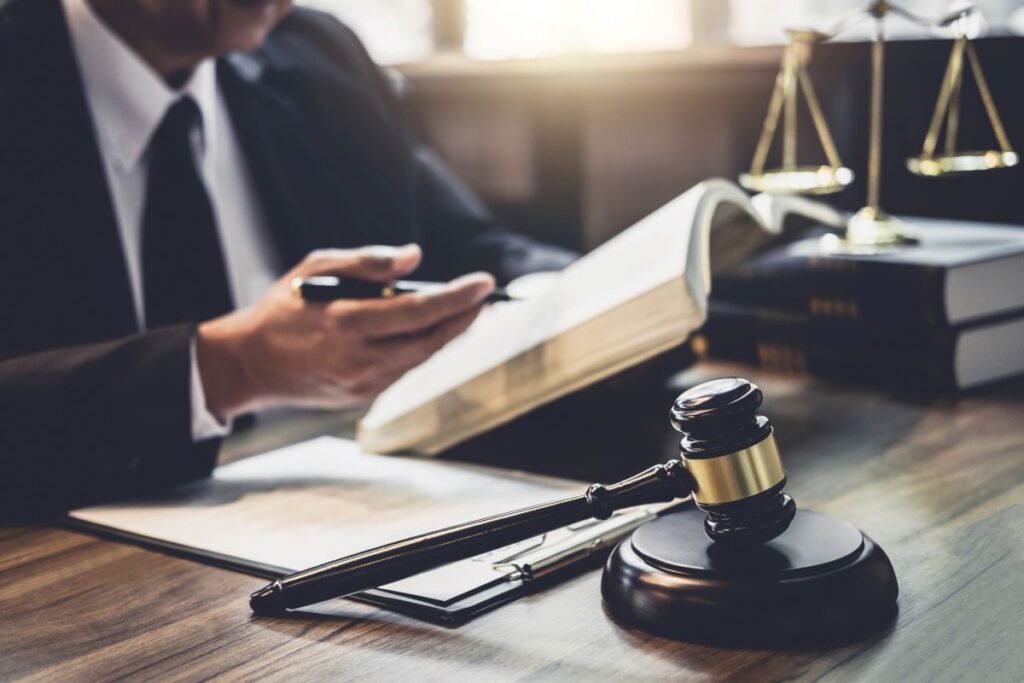
How Police Misconduct Can Impact Your Car Accident Claim
Police abuse during an accident investigation can have significant consequences for your case:
- Skewed Accident Reports:
- Falsified or biased police reports can negatively impact your ability to prove fault.
- Delay in Medical Treatment:
- Denial of immediate medical attention can worsen your injuries and complicate your claim for damages.
- Erosion of Trust:
- Intimidation or coercion can make it difficult for you to trust the legal process, discouraging you from pursuing justice.
- Evidence Suppression:
- Illegally obtained evidence may be inadmissible in court, weakening your case.
An experienced attorney can help you address these challenges and build a strong case despite the misconduct.

Why You Need Legal Representation After Experiencing Police Abuse
Challenging police misconduct can be intimidating, especially when dealing with the aftermath of a car accident. Car Wreck Cowboys can:
- Investigate the misconduct and gather supporting evidence.
- Challenge biased or falsified police reports.
- Protect your rights during the claims process.
- File complaints or lawsuits against the offending officers or department.
- Negotiate with insurance companies to ensure fair compensation.
At Car Wreck Cowboys, we understand the complexities of police misconduct cases and are committed to fighting for justice.
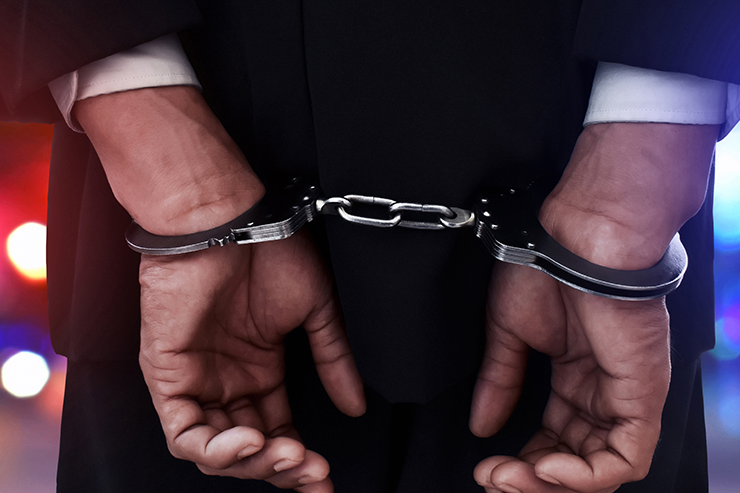
Real-Life Examples of Police Misconduct After Car Accidents
- Case of Intimidation:
A driver involved in a minor fender-bender was coerced into admitting fault under threat of arrest, even though evidence showed the other driver was at fault. - Unlawful Search:
During a routine accident investigation, an officer searched a driver’s car without consent or probable cause, leading to the discovery of unrelated items and an unjust arrest. - Racial Profiling:
A minority driver was treated with excessive force and subjected to baseless accusations, only to be cleared after witnesses came forward.
These examples highlight the importance of knowing your rights and seeking legal assistance.

Preventing Police Abuse in the Future
While individual accountability is essential, systemic changes are also needed to prevent police misconduct. Advocacy for:
- Improved officer training on handling accident victims.
- Independent oversight of police departments.
- Stronger penalties for misconduct.
- Public awareness campaigns to educate citizens about their rights.
These measures can help create a fairer legal system for everyone.

Final Thoughts
Experiencing police abuse after a car accident is not only distressing but can also jeopardize your claim and recovery. By understanding your rights, documenting incidents of misconduct, and seeking legal assistance, you can protect yourself and hold law enforcement accountable.
If you’ve been a victim of police overreach in Georgia, don’t face the battle alone. Contact Car Wreck Cowboys today for a free consultation. We’re here to fight for your rights and secure the justice you deserve.


